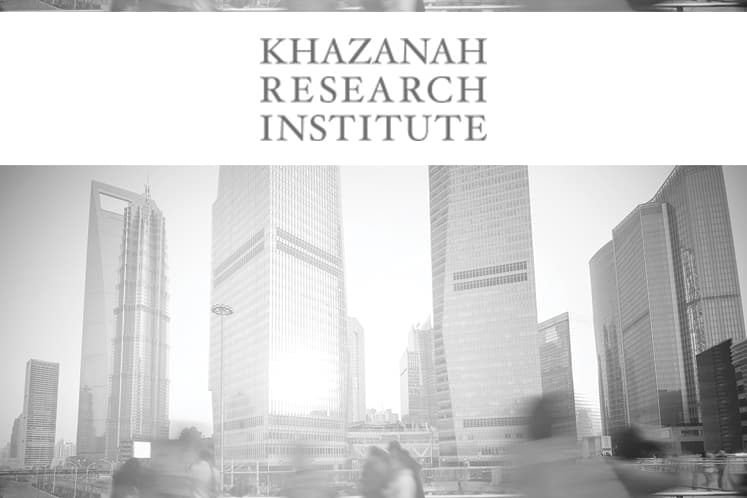
PETALING JAYA (Nov 8): The government faces challenges in negotiating international trade agreements as it must balance between domestic policies and liberalising selected sectors, according to Khazanah Research Institute.
"International trade limits the ability of countries to regulate its own people," said Datuk Charon Mokhzani, managing director of KRI, adding that such international trade agreements are always a matter of give-and-take.
Charon was speaking at the launch of KRI's book 'Why Trade Matters: Trade Issues in Non-Communicable Diseases, Essential Medicines and Education', which highlights, among other issues, how elements such as intellectual property rights, tariffs, government procurement, and movement of human capital limits government health and education policies.
According to Junaidi Mansor, deputy director of research at KRI, those formulating trade policies must therefore find a balance between the interests of the government, foreign companies, and the people.
On the subject of the Trans-Pacific Parternship (TTP) agreement, which hit a dead end earlier this year when US President Donald Trump withdrew the country from the pact, Charon said the benefits of continuing talks with the remaining 10 other countries would have to be recalculated.
"Back then, the access to the US market was the prize (and) limitations to government procurement and government-linked companies would have been worth it," he said.
Speaking ahead of the Asia Pacific Economic Cooperation trade meetings in Vietnam this week, Minister of International Trade and Industry Datuk Mustapa Mohamed had been reported as saying that some elements of the TTP agreement may have to be suspended as renegotiation would take too long.
“We believe that TPP has got some value even without US participation," Mustapa reportedly said. "Because of that we’ve all decided that renegotiation is not a viable option so we’ve been working on some compromises.”